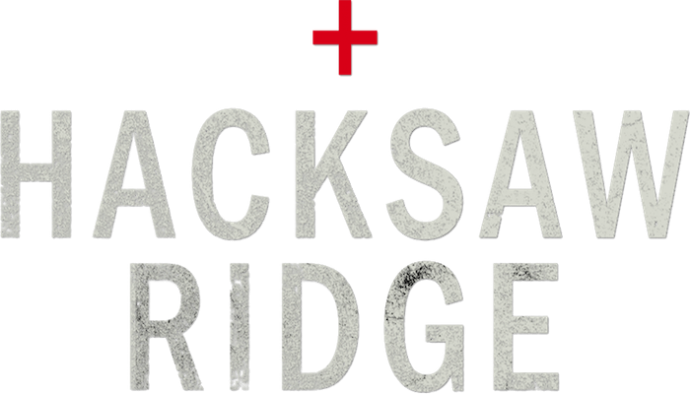The movie Hacksaw Ridge tells the true story of Desmond Doss who, though he was a conscientious objector to war and violence, won the medal of honor during World War II for saving the lives of somewhere between 50 and 100 of his comrades armed with nothing but a Bible.
When the Japanese bombed Pearl Harbor, Doss was working at a shipyard in Newport News. In that position, he was eligible for deferment from the draft, and by taking advantage of that, it would have certainly been easier to defend and remain true to his convictions. But Doss felt a moral obligation to serve, especially because the fight was not just for freedom but for religious liberty. So he enlisted as a medic, thinking that he could, as he put it, “be like Christ: saving life instead of taking life.”
That all led up to the battlefield in Okinawa when he carried wounded soldiers to safety, at immense personal risk, again and again, praying each time, “Help me get one more.”
It’s an amazing story. And, among other things, it shows us that one of the qualities of Christian courage is the willingness to do what must be done. This willingness is actually very close to the center of what it means to follow Jesus, because Christianity is very fundamentally about self-denial.
When you look to the commands of Jesus, each one puts a dagger into the heart of self-lordship. When we are called to love our enemies, to bless those who persecute us, to serve rather than be served – these are all practical ways in which we die to ourselves. For if we did not obey each of these commands, we would only be feeding the monster of ourselves, further bolstering our belief in our rights, our privileges, and our self-determination. Jesus calls us to turn our back on it all – to lose our lives so that, in the end, we can truly find our lives.
This road of self-denial that we all walk as followers of Jesus means, among other things, that we are the people who do what must be done.
Or in other words, the Christian is willing to do specifically what we naturally would put off, avoid, or hide from. For in doing what must be done, we are living the denial of self that is so core to following Jesus.
Not many of us will be called upon to exercise this reality in the same way as Desmond Doss. But there are many ways we do what must be done in the ordinary everyday we live in. Consider a few examples of what this looks like:
There is someone in your life that that is veering toward a course of lifestyle or belief that fits squarely in line with popular culture. Because it does, every time this person talks about their newly found discoveries they are met with applause and affirmations. The temptation here is to write that person off. Or to claim that you don’t know him or her well enough to say anything. Or to fall back on the idea that it’s not our place to judge. But each one of these decisions is actually practicing our own self-lordship. When we choose to say nothing, we are taking the road of ease and comfort for ourselves. But the Christian lives the daily denial of self, and so even though they know they will likely be met with hostility, they tell their friend the truth.
Or perhaps there is a position of service in the church that will not be recognized. Very few people will know it’s being done, and even fewer will know who is doing it. Maybe it’s something simple like taking out the trash or cleaning the toilets in the kids’ area of the building. Simple, and yet this service must happen in order for church to go on as it should. The temptation here is to avoid the request, assuming that someone else will get it done. Or else to complain that the request is being made at all, and that we should outsource the job to a professional. But in those responses, we again reveal our pull toward self-lordship and our difficulty in denying that impulse. The Christian knows the call of Jesus, and he knows that this call is lived out in little ways, and sees this doing of what must be done as a way of answering His call of self-denial.
Most of the time you don’t get a medal for doing what has to be done. Far more often you get nothing at all. Nothing, that is, except moving ever closer toward a future version of life in which we less and less painfully crucify the old self and more and more joyfully take up the cross of following Jesus.
Subscribe to MichaelKelley.co
Never miss a new post. Subscribe to receive these posts in your inbox and to receive information about new discipleship resources.





